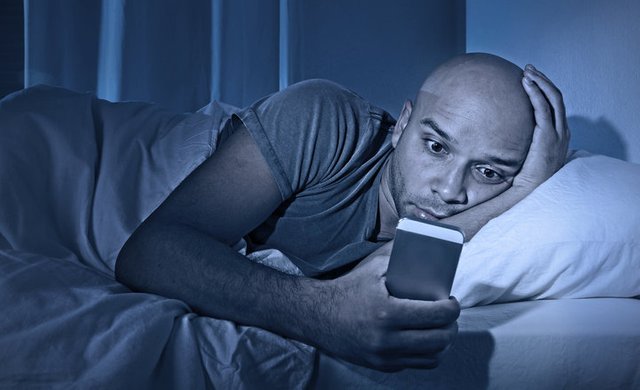The Salient Facts about Sleep
Sleep is a necessity, but to some people, sleep is a waste of time. What do you think about sleep, is it a necessity or a waste of time?
Today, I want to talk about what sleep does to our health and some useful facts about it that you might never have thought about.
Many of us today prefer a very busy daily schedule of business and social activities and only give in to sleep when extremely tired. Of course, in sharp contrast, some people enjoy night after night of tossing and turning until the early hours of the morning. They usually have a good night’s sleep. Are you among them?
But one may ask: why do so many people find it so hard to sleep, while others are struggling to stay awake? To find the right answer, we need to understand what is going on while we are asleep first.
Nobody knows exactly what makes a person lose consciousness and fall asleep. That is still a mystery. However, studies have shown that sleep is a complex process regulated by the brain. Somehow, it is structured to obeys a 24-hour biological clock.
Moreover, everyone sleeping habits change with age. For instance, a baby usually sleeps for frequent short periods that total about 18 hours a day. In contrast, many adults appear to need only three hours of sleep a day. But, others need up to ten hours.
The variations in our biological clock also explain why some teenagers find it hard to get out of bed in the morning. This biological clock shifts forward during puberty and makes youngsters want to go to sleep later and wake up later. This is a common trend and tends to disappear in the mid-to-late teens.
The biological clock itself is regulated by chemical substances like melatonin - a hormone thought to trigger sleepiness. The brain is where melatonin is produced. It is believed that it is responsible for the slowdown in the body’s metabolism that occurs before one sleeps. When melatonin is released, our body temperature and blood flow to the brain are reduced. The muscles gradually lose their tone and become flaccid and we descend into the mysterious world of sleep.
About two hours after one falls asleep, the eyes begin to quiver quickly back and forth. It is for this phenomenon sleep is divided into two basic phases: REM (rapid eye movement) and non-REM sleep. REM sleep happens several times. Non-REM sleep can be further divided into four stages of progressively deeper sleep.
It is during REM sleep we dream the most. Besides, at this time, our body also experiences maximum muscle relaxation, which allows us to wake up feeling physically refreshed.
During deep sleep, the blood pressure and heart rate reach lower ranges which allow the circulatory system to rest and help ward off cardiovascular disease.
Sleep has also been discovered to affect our appetite. The brain usually interprets a lack of sleep as a lack of food. But, when we sleep, our organism secretes leptin which is the hormone that normally lets the body know that we have eaten enough.

Don't deprive yourself of sleep
Do you also know that sleep makes it easier for our body to metabolize free radicals—molecules that are said to affect the ageing of cells and even lead to cancer? Sleep deprivation can affect the production of white blood cells and the hormone cortisol, making you more prone to infections and circulatory diseases.
No doubt, sleep is vital for a healthy body and mind. Do not deprive yourself of it for anything.

Sleep recommendations for teens is 8.25-9.25 hours per night. 75% of US High School seniors get <8 hours. Put the phones down!
Yes, you are right. However, the figure is different in other places
Sleep is important to a person. Unfortunately, I haven't slept long enough. Often get up tired in the morning
You may need to rearrange your activities and get more sleep